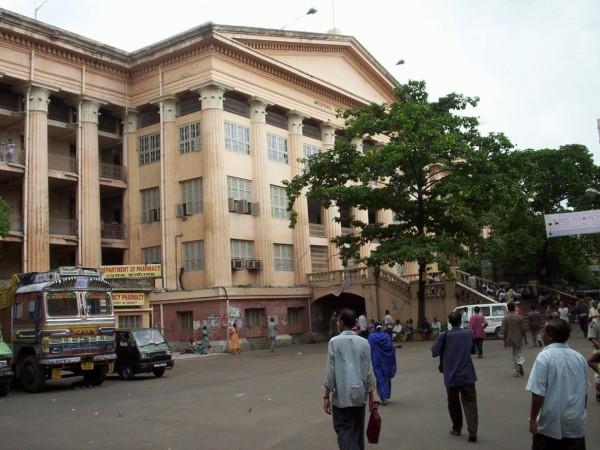
Rats have sabotaged cutting-edge machinery installed at a government-run hospital in Kolkata, leading to extensive delays in diagnoses and treatment. A report on Bengali news outlet 24 Ghanta states that the vermin menace has resulted in a delay of up to three months in the generation of biopsy reports, something which would have taken a mere seven-eight days had the ultra-modern devices been functional.
According to the report, the histopathology department of Kolkata Medical College had two machines installed six months ago to expedite the generation of biopsy reports, as people from the farthest corners of the state come to this government-run hospital for treatment.
Of the two machines, an automatic tissue processor was installed at a cost of Rs. 37 lakh, while an automatic slide stainer cost Rs. 35 lakh. It was the automatic slide stainer that would have churned out biopsy reports within seven-eight days had it been functional, said the 24 Ghanta report.
Now after being damaged by rats, the biopsies are being conducted manually, which has led to a backlog of reports. The backlog is such that biopsy reports are taking anywhere between one month and three months to be generated, said the report.
The situation seems no different in other government-run hospitals in the city where infrastructure is either in shambles or entirely missing.
Private-firm employee Lachmi Dutta told International Business Times, India, her colleague Krishna Chakraborty had a harrowing time at Seth Sukhlal Karnani Memorial (SSKM) Hospital on Wednesday, June 14, after a road accident, and breathed her last at the hospital that day.
"She had got down from a bus, which had gone on to hit her. The local police seized the bus, sent her to SSKM Hospital and informed us — her colleagues. We rushed to SSKM Hospital, only to find her writhing in pain as she awaited treatment," said Dutta, adding: "We initially could not find a stretcher or a wheelchair to take her to get an X-ray. Only later did we manage to get hold of a stretcher.
"When the X-ray report revealed she had fractures on her collar bone and ribs, and there was internal haemorrhaging, she was referred to the orthopaedic department. We asked for a stretcher, or even a wheelchair to help us transport her, but the doctors there suggested we make her walk there," said Dutta.
"There were no beds in the orthopaedic department. The doctor there, after inspecting the patient, asked for oxygen to be administered. We could not find any oxygen in the hospital. She succumbed to her injuries there," she said.

















